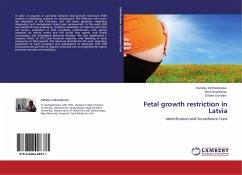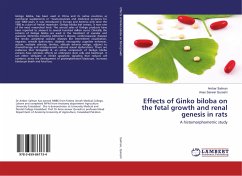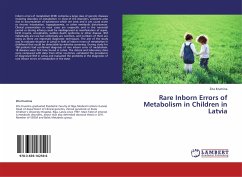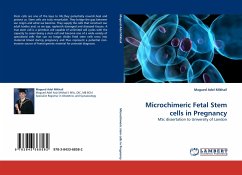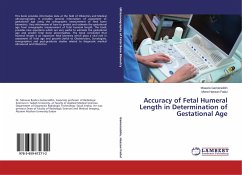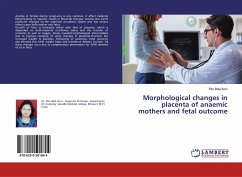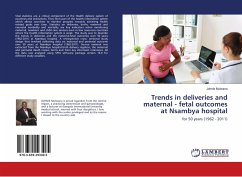In spite of progress in perinatal medicine fetal growth restriction (FGR) remains a challenging problem for obstetricians. The different risk factors are described in the literature, but still many questions regarding diagnostics and management stand over unanswered. In this work FGR was studied during pregnancy, including assessment of maternal and fetal risk factors, evaluation of fetal circulatory redistribution, with special emphasis on splenic artery and left portal vein system, and finally macroscopic and histological placental changes. We also emphasized a negative effect of STI s and bacterial vaginosis, and bleeding in early pregnancy on fetal growth. The advances described in this work regarding assessment of fetal circulation and examination of placentas from FGR pregnancies should help to improve antenatal care and significantly reduce perinatal mortality and morbidity.
Bitte wählen Sie Ihr Anliegen aus.
Rechnungen
Retourenschein anfordern
Bestellstatus
Storno

